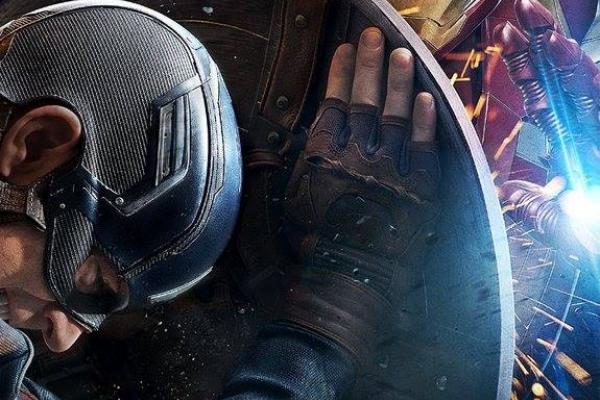May 5, 2016
As any Marvel’s Avengers appreciator can tell you, a staple focus of each story is on team dynamics. What does it take for a group of people with different agendas and backgrounds to effectively work together for good? How does a team find common ground, and account for each others’ strengths and weaknesses?
As anyone who’s lived in Christian community (or worked in social justice) knows, these ideas come up as much in everyday life as they do when taking down a supervillain. But what Marvel hasn’t looked at is the other side of intentional community — what happens when a team can’t work.
Until now.
Read the Full Article

Already a subscriber? Login
